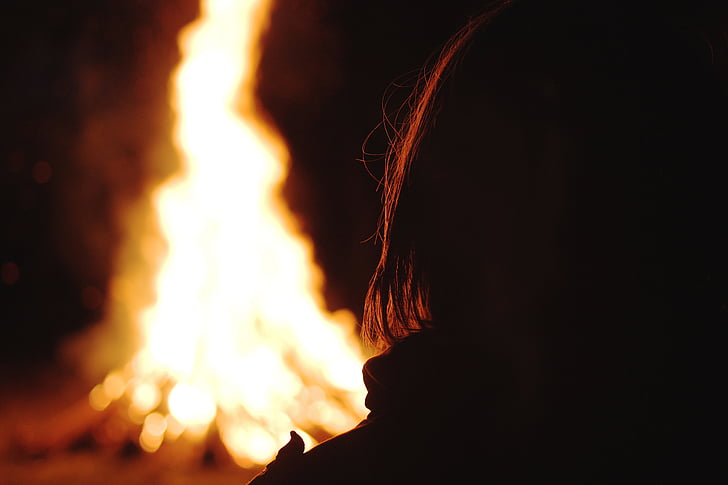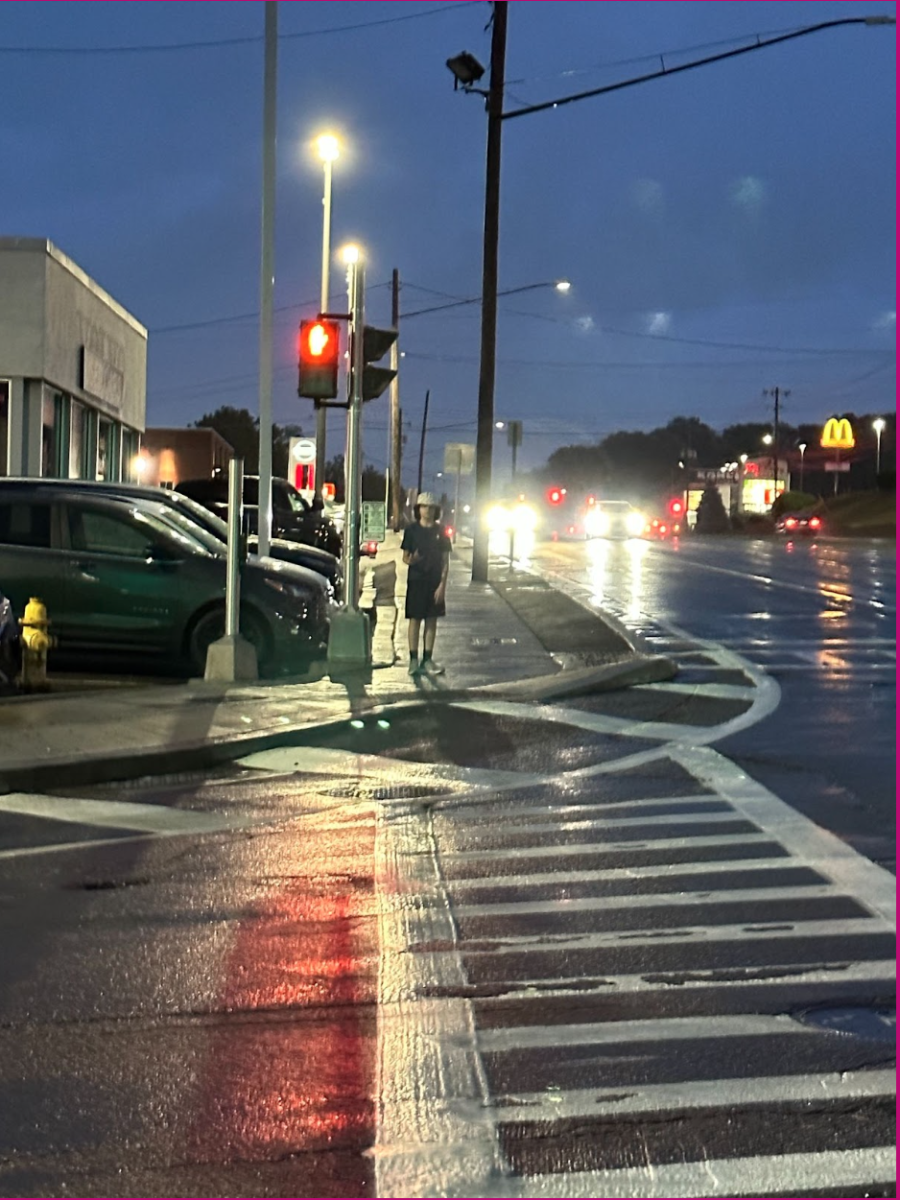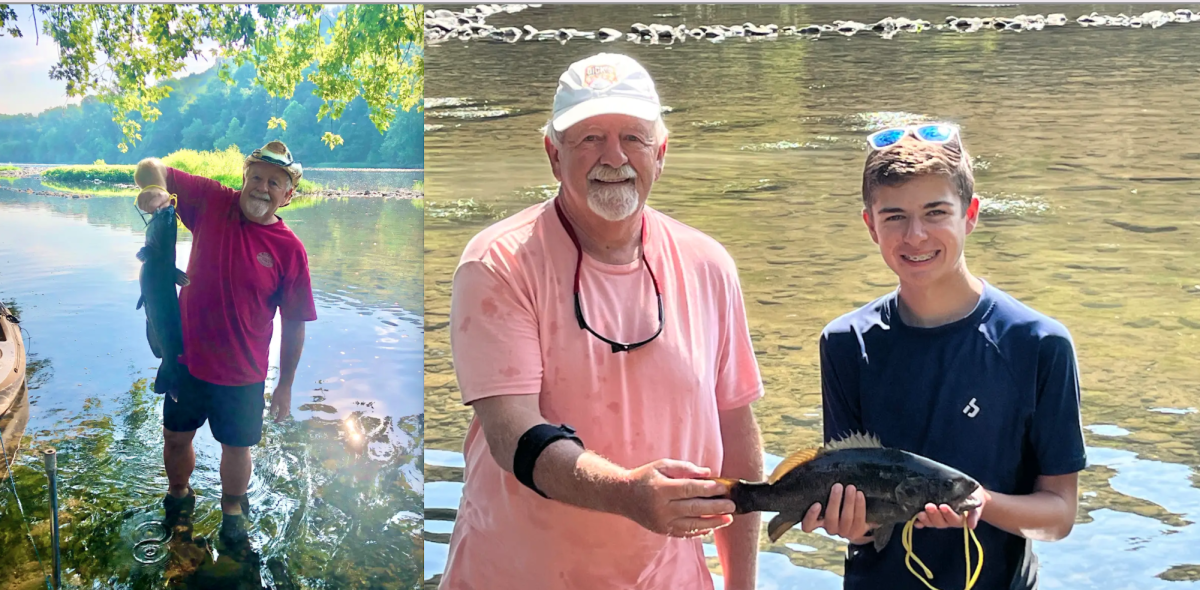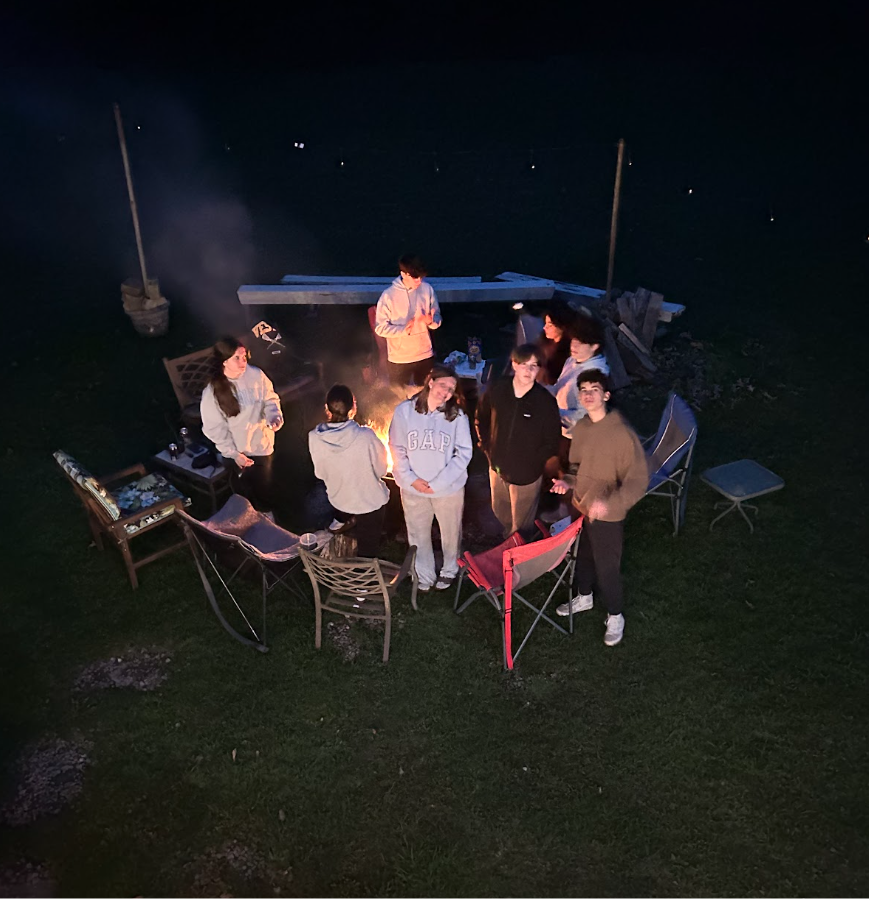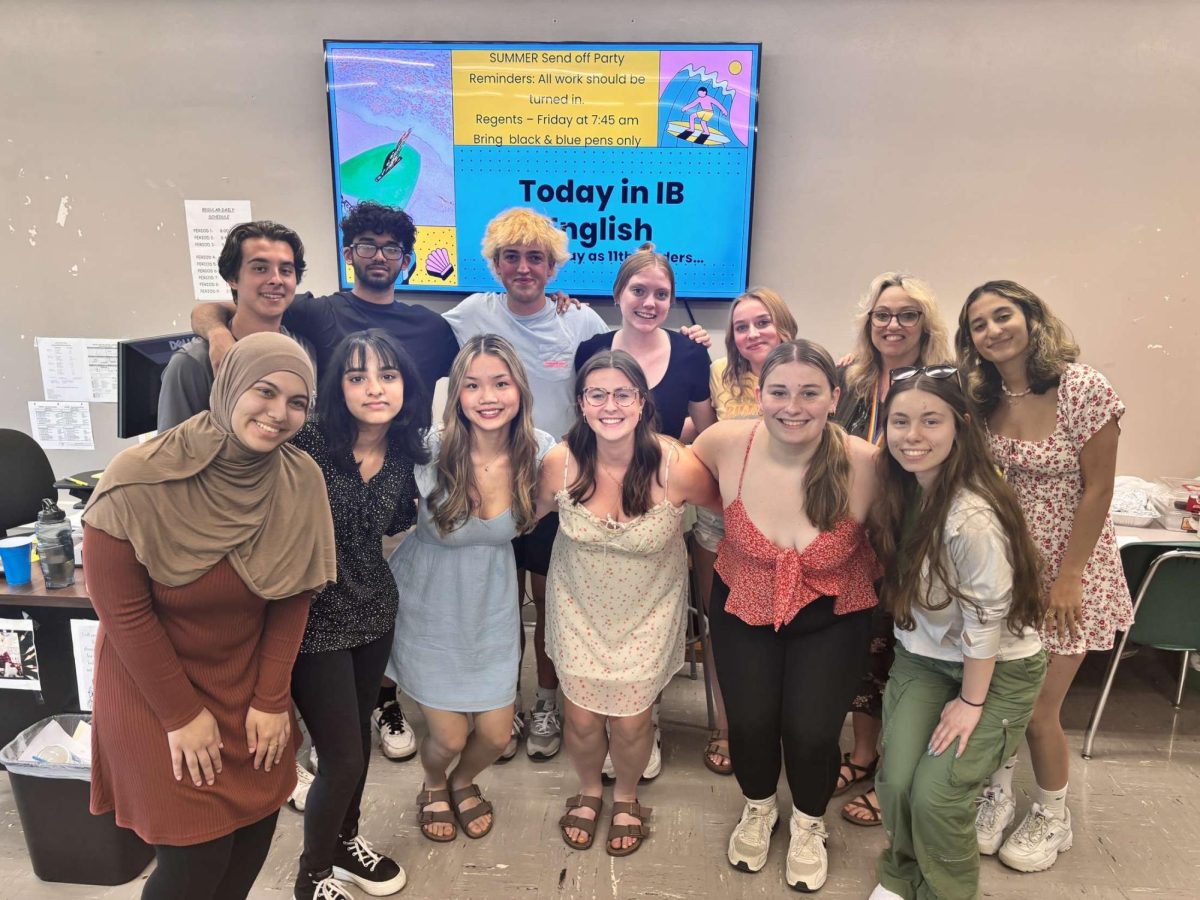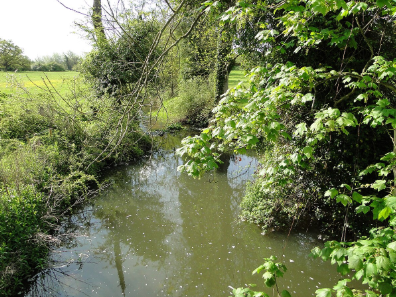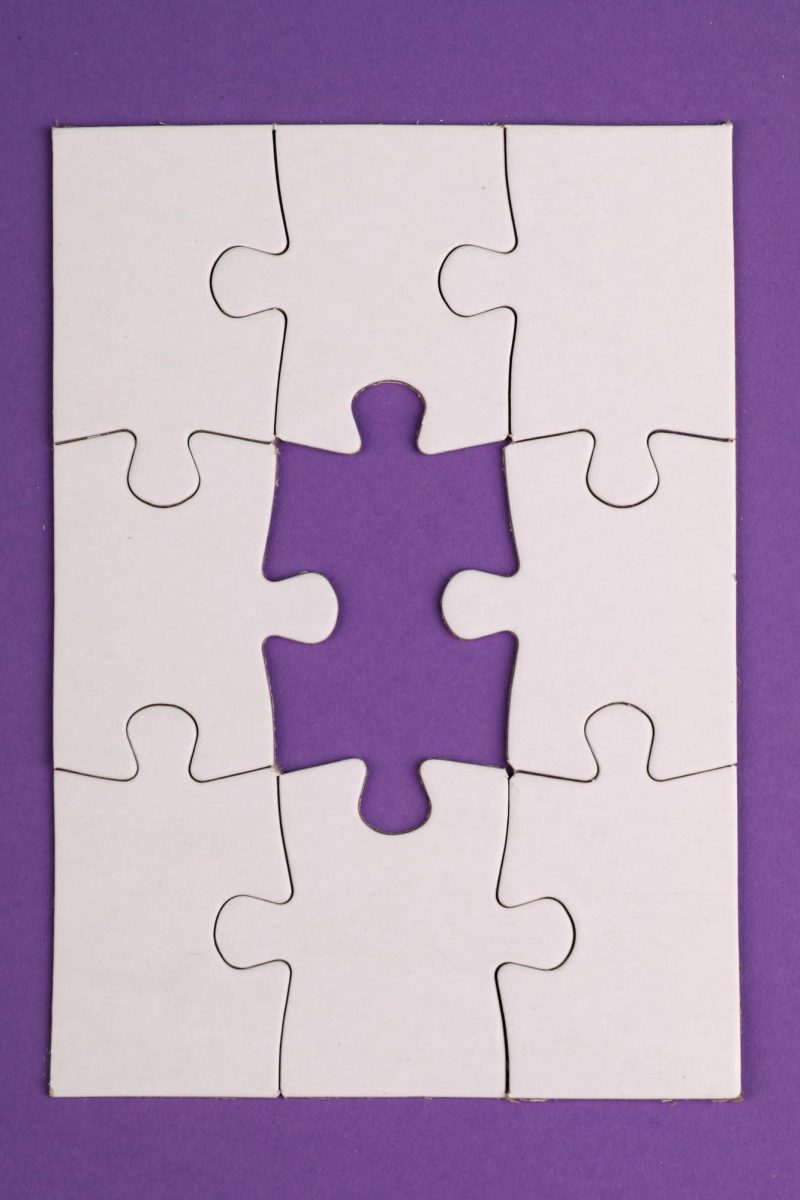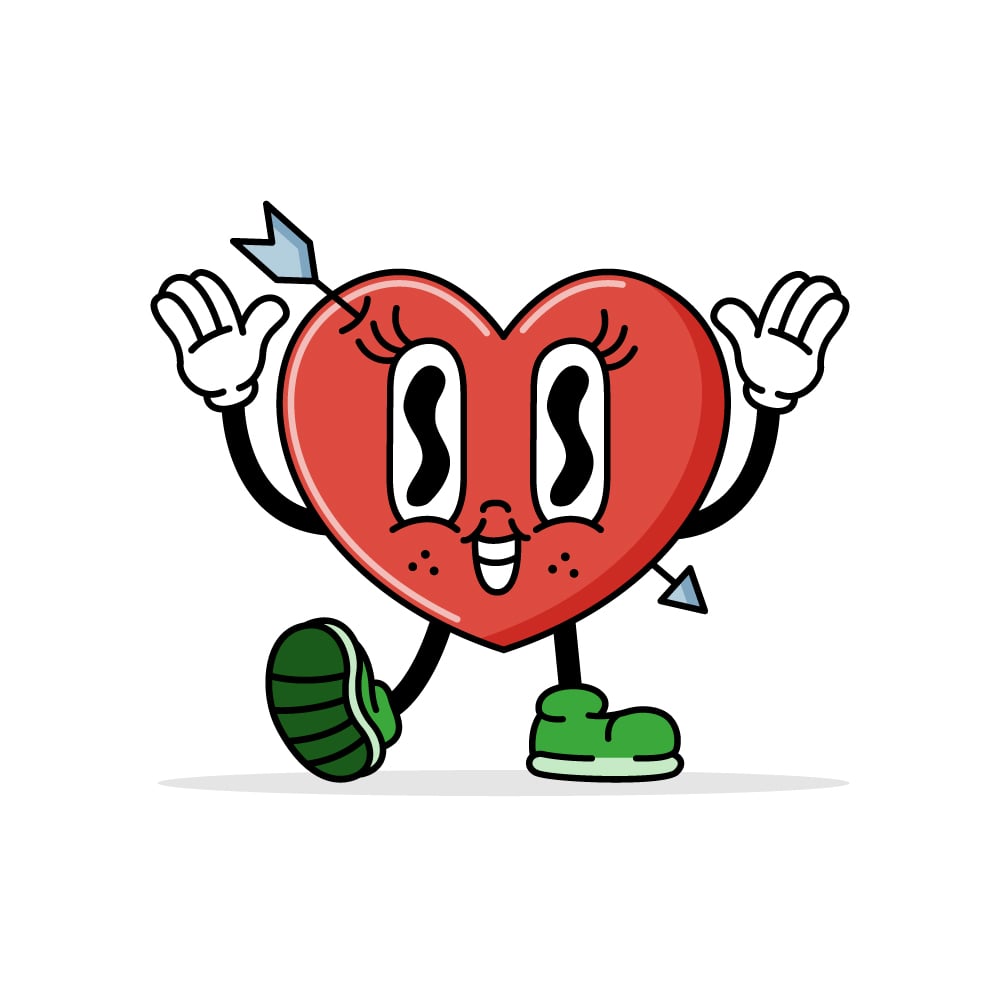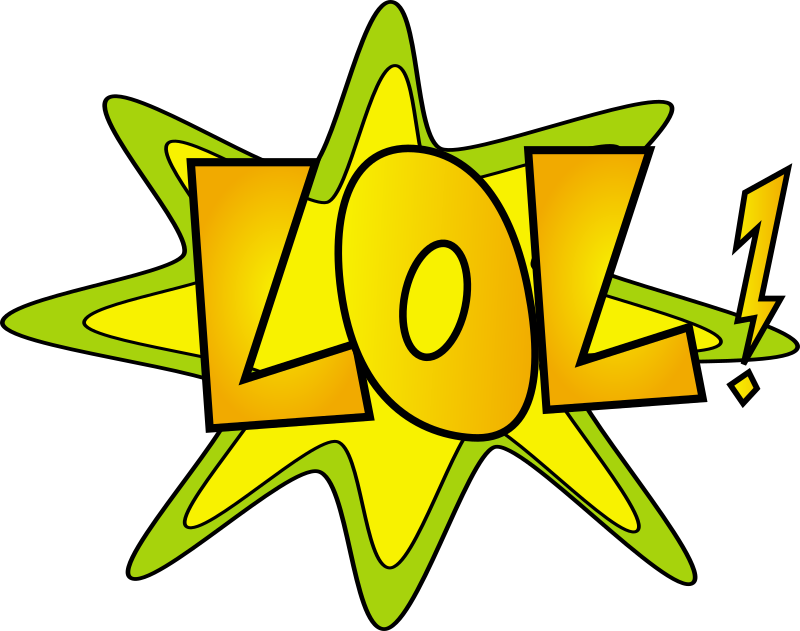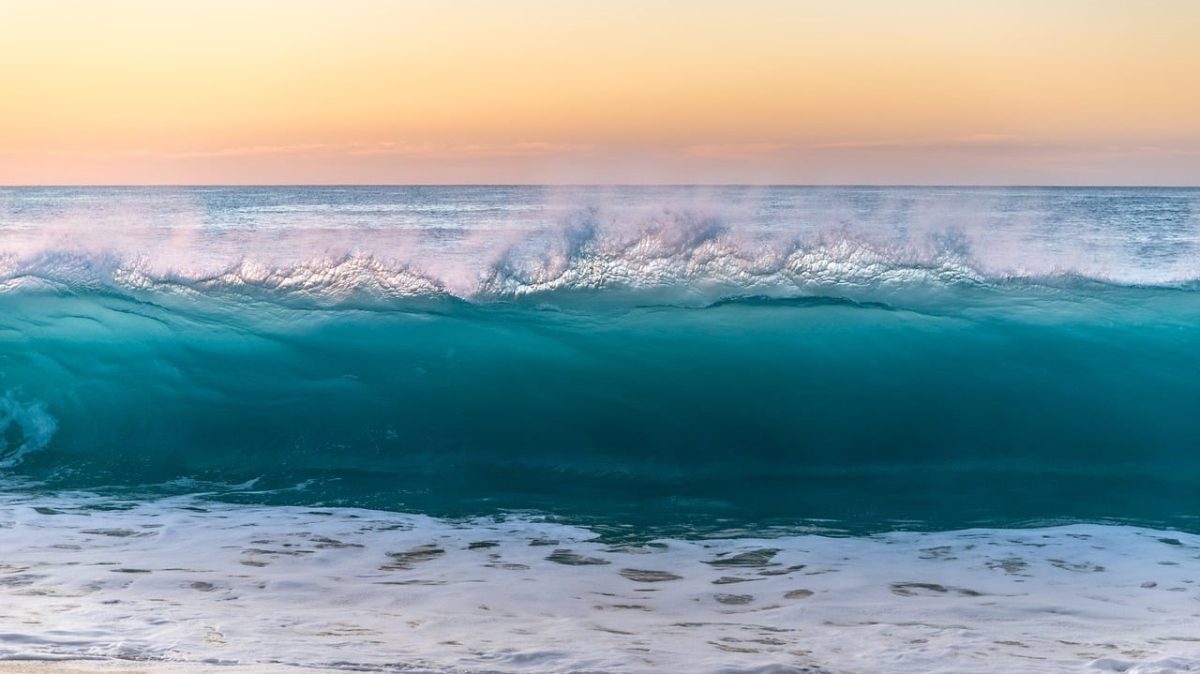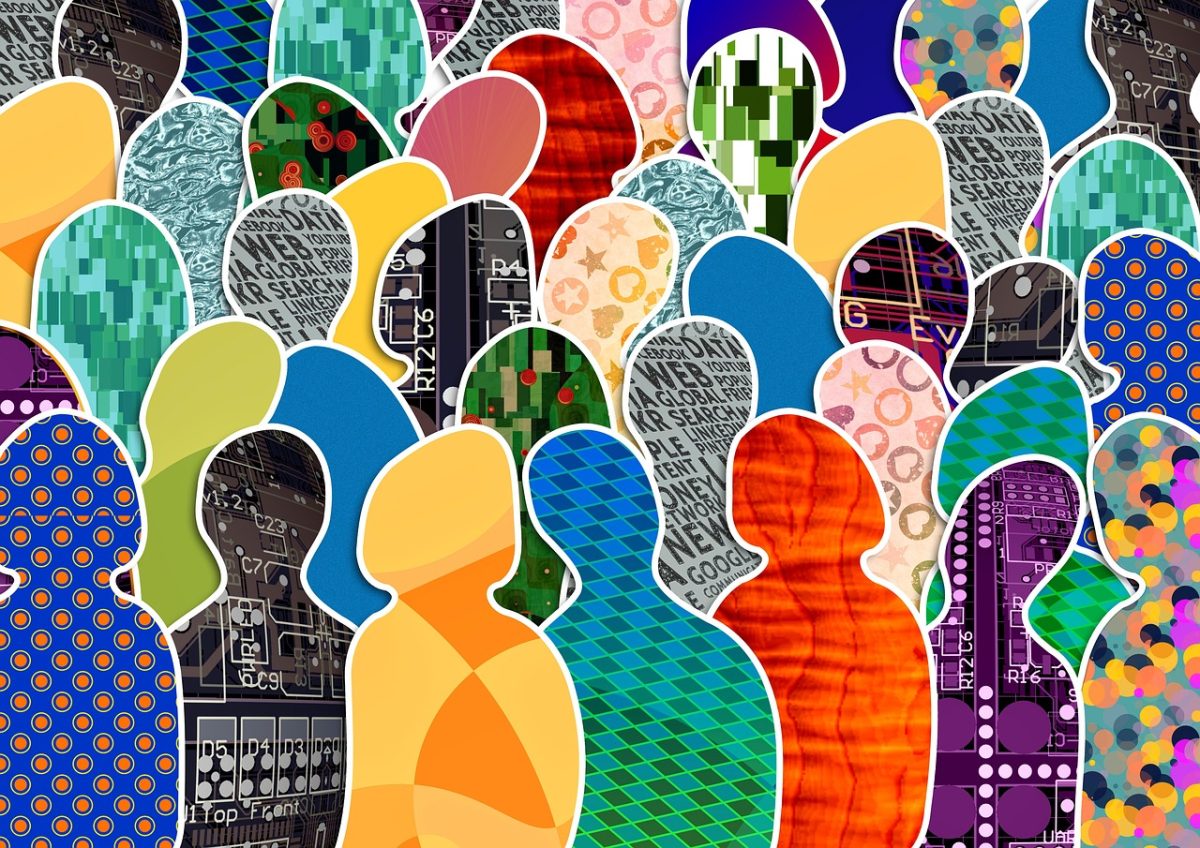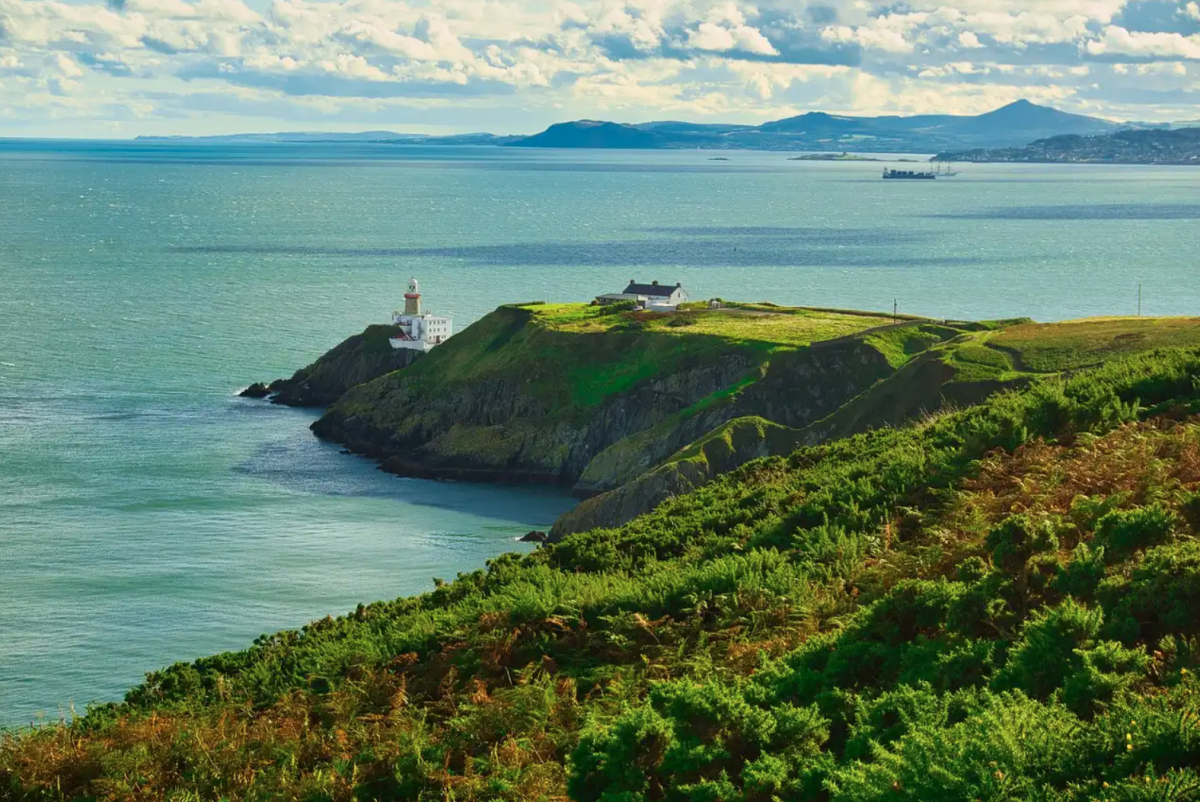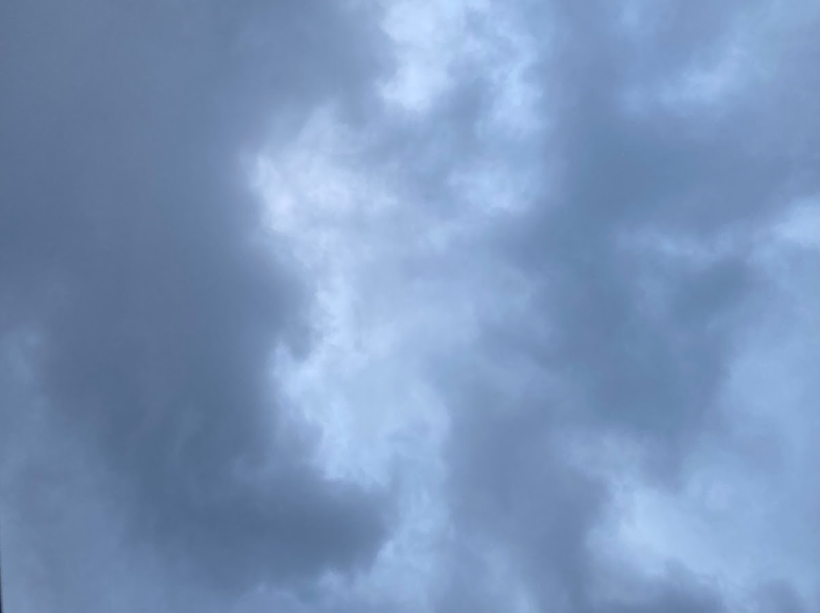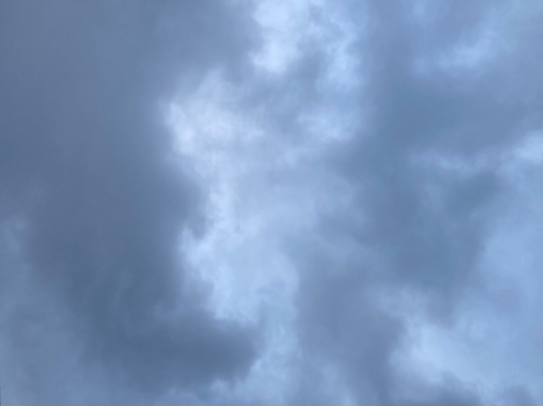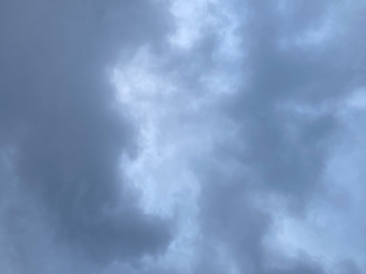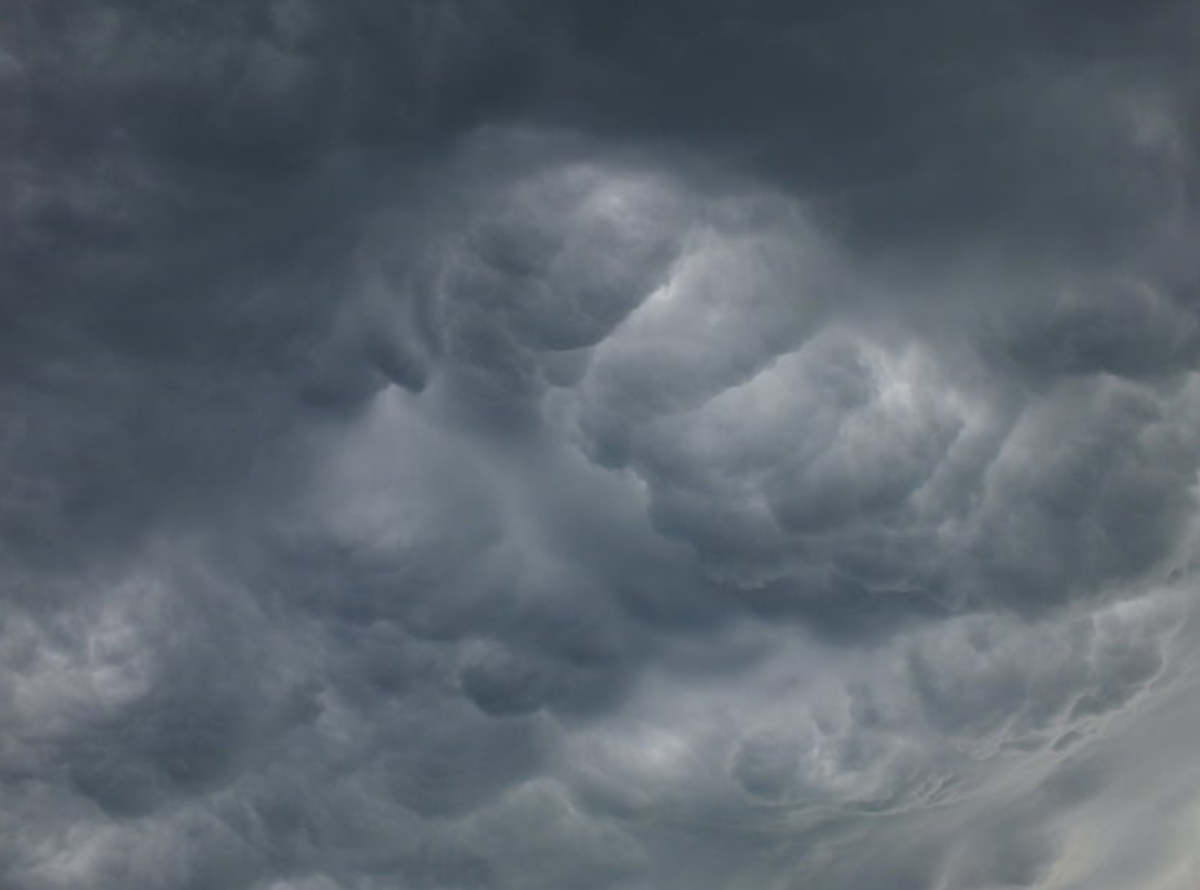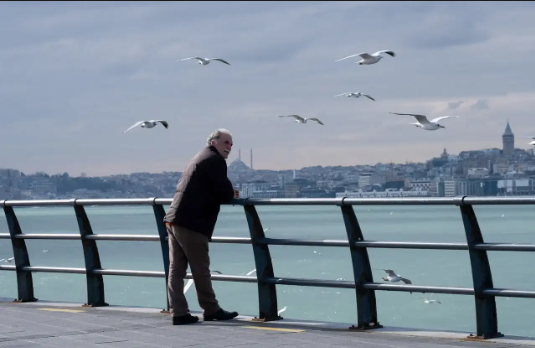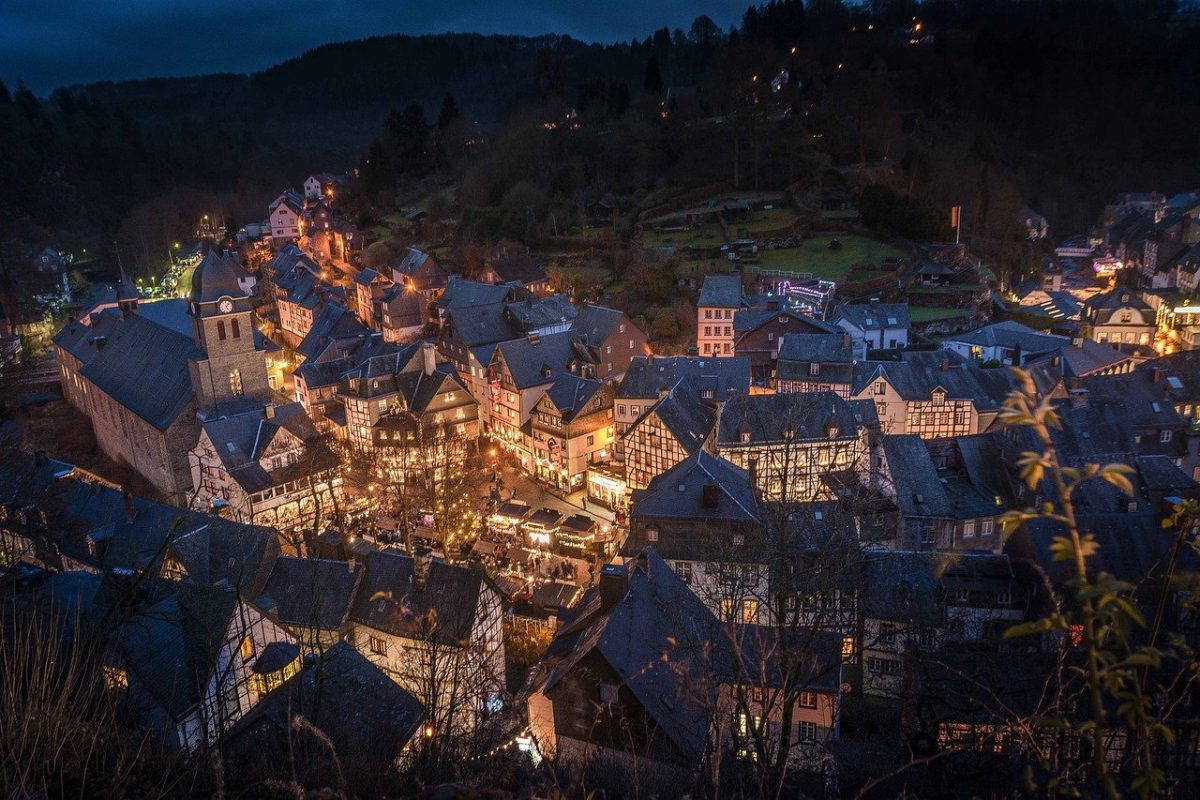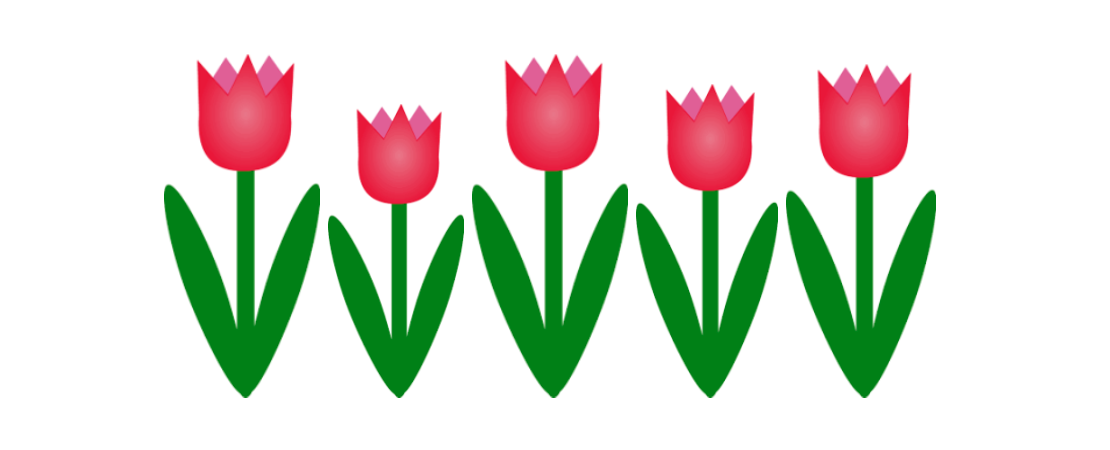Lord of the Flies can be a bit of a controversial book. It is a book about a group of British boys who become stranded on a remote island, all by themselves without any adults or any form of authority. It’s incredibly interesting to see what happens next, and watch as the pieces of the puzzle fit together as you realize that the book, in the end, was simply a long-winded metaphor about the intricacies of human nature.
One topic that has had philosophers in heated discussion for centuries is, are people born as savage or barbaric if they are not taught morals? Are people inherently bad, and what does that say about us? These are the questions that were running through my head as I read this book. Since there is no form of authority on the island, the boys have to establish someone as a sort of leader (which also raises another question if society can function without authority). We see at the start of the book that there is an attempt at democracy. Ralph who is the chief of the island, listens to the worries and suggestions of the other boys, and they often come to collective agreement. However, some seek to challenge his authority. Jealousy brews in several of the characters, the most significant one being, Jack.
Jack is already a sort of leader himself in the story. He leads a group of hunters who hunt pigs for meat (and often simply for entertainment). He prides himself on the fact that he contributed a lot to the experience on the island, and the boys soon find themselves forgetting to work towards escape, and instead fall into an instinctive routine on the island. Two different societies appear— one is Ralph’s, the boys who do not wish to hunt or are afraid of Jack, and seek protection; and Jack’s group, who thrive in the island environment, and prefer a strong, military dictatorship over a falling democracy. What does this say about society exactly? What lengths are people willing to go to for a facade of safety and strength? Why are people willing to give up their rights and dignities as human beings, to achieve a sense of (false) security?
I often ask myself, why is it that our rights must be protected every day? Why is it not instinctive in our nature as a collective species to look at the benefit of the overall society, to not bow down to those who seem strong and are in power? The reason why I enjoyed reading Lord of the Flies isn’t because the story is so compelling; on the contrary, it’s rather disturbing, and sometimes uninteresting. It is not the plot that kept me reading, but the commentary on human nature that kept me hooked.
The book ends with the shattering of democracy on the island, and we see the boys get rescued in the last few pages; tattered clothing, mourning hearts, and the smashed hope for humanity which had been previously intact. The book ends in a bittersweet way, leaving you to wonder how the boys would live out the rest of their lives, knowing that they’d already experienced and participated in the worst kind of society.
I guess we’ll never know… but one thing is for sure: we must never stop defending our liberties, regardless of the cost. I do not believe that people are born with hatred or an inherent desire to hurt— believing this divides people, and time and time again history has shown us that we are better united. If we all put aside our differences and work together for the betterment of society, there is truly nothing we cannot accomplish; and step 1? Believe the dream before you work towards it.
